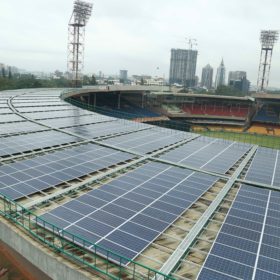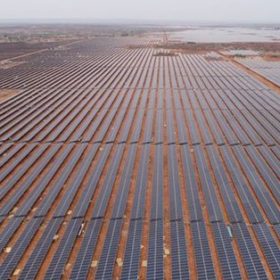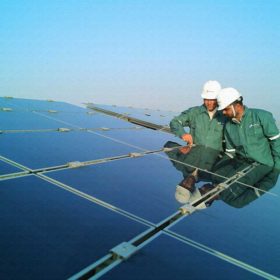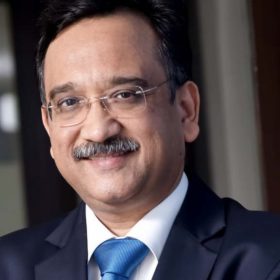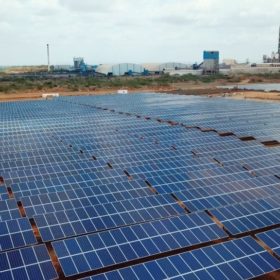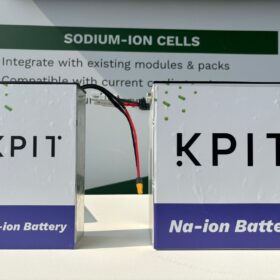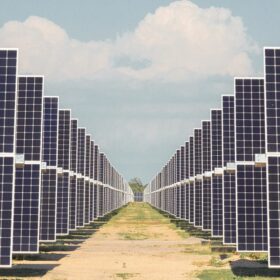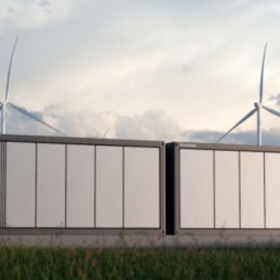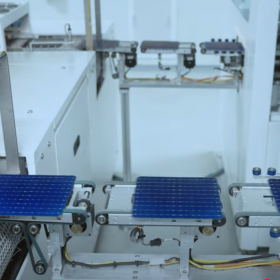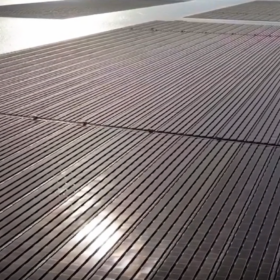2020 Solar Match: Chasing the Target
While openers like SRISTI scheme for rooftop solar and KUSUM for farmland solar are likely to give a promising start, their implementation on the ground will determine our winning trajectory this year. Simply going by the connotation of 6 balls an over in the game of Cricket, this article looks at 6 factors that will push India to achieve its 2022 solar target.
Assam tenders 30 MW grid-connected, 940 KW off-grid solar
Ceiling tariff is fixed at Rs 3.13 per unit for the 30 MW grid-connected projects that are to be set up by state-run generators using domestically made equipment. The 940 KW of off-grid solar capacity is tendered under state budgetary support for year 2019-20.
SECI tenders another 1.2 GW of grid-connected solar projects across India
Bidders can pitch for up to 300 MW of generation capacity per project with the deadline for proposals on February 4. The eighth tranche of inter-state transmission system program capacity offered by the Solar Energy Corporation of India comes with a solar energy price ceiling of Rs2.78/kWh.
NHPC invites global bids for 2 GW of solar projects
Developers have until January 17 to submit bid for the grid-connected projects that are to be set up anywhere in India on build-own-operate basis. Tariff ceiling payable to the project developer is fixed at INR 2.78/KWh for 25 years.
Gayatri Projects completes sale of power assets to Singapore-based Sembcorp
The company sold its 5.95% stake in Sembcorp Energy India—held through subsidiary Gayatri Energy Ventures—for Rs 4067.70 million.
Emissions, EVs and renewable energy: Reflections and outlook for India
India, one of the most diversified energy markets in the world, has recently become the lowest-cost producer of solar power. This reflects a steady and encouraging shift toward renewable power—a shift that’s in line with the targets set by the government. At the Climate Action Summit that was held earlier this year, Prime Minister Narendra […]
Solar set for boom after a gloomy 2019
Solar installations in year 2020 are set to exceed 10 GW after a year hit by political uncertainties, module price increases associated with safeguard duty and a fewer number of awarded tenders. The outlook for battery energy storage installations for solar projects, however, is bleak as such combinations in India can cost 3-5 times more in 2020 than standalone renewable projects.
AIIB approves US$65 million for Hero Future’s 250 MW solar project
The project—located in Jodhpur district of Rajasthan—is being developed by the Indian developer’s special purpose vehicle Clean Solar Power (Jodhpur).
Central Electronics Limited tenders 44 MW solar capacity in Maharashtra
Developers have until December 30 to bid for the grid-connected plants that shall come up on the land within or around the premises of Maharashtra State Electricity Distribution Company Limited’s substations. The plants are to be developed on turnkey basis.
100% renewables means 95% less water consumption for conventional power generation
According to a new study by Finland’s LUT University, solar PV consumes between 2% and 15% of the water that coal and nuclear power plants use to produce just 1 MWh of output; for wind, this percentage ranges from 0.1% to 14%. Under the researchers’ best policy scenario, water consumption could be reduced by 75.1% by 2030, compared to 2015 levels.
